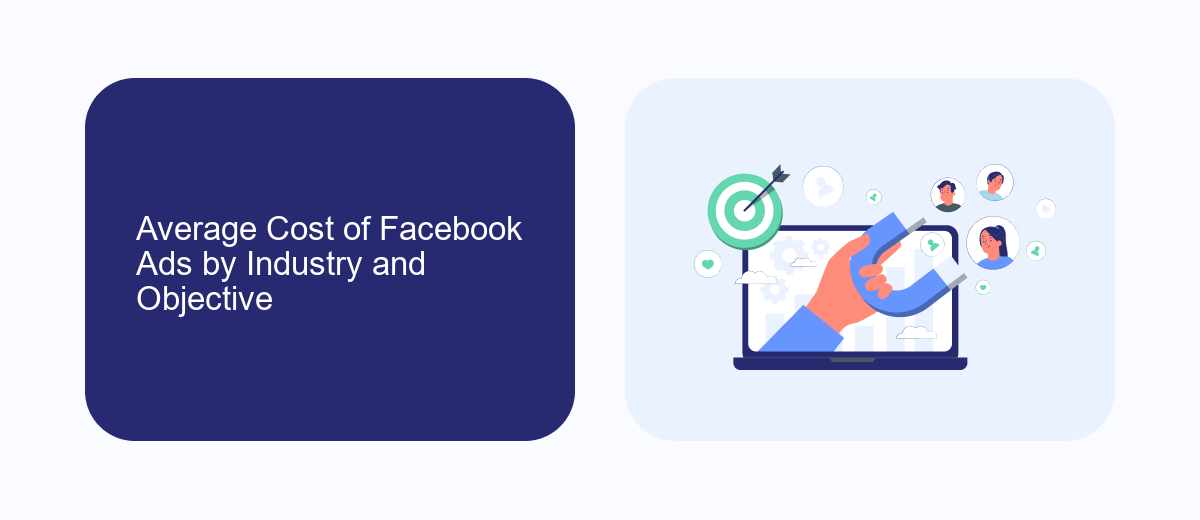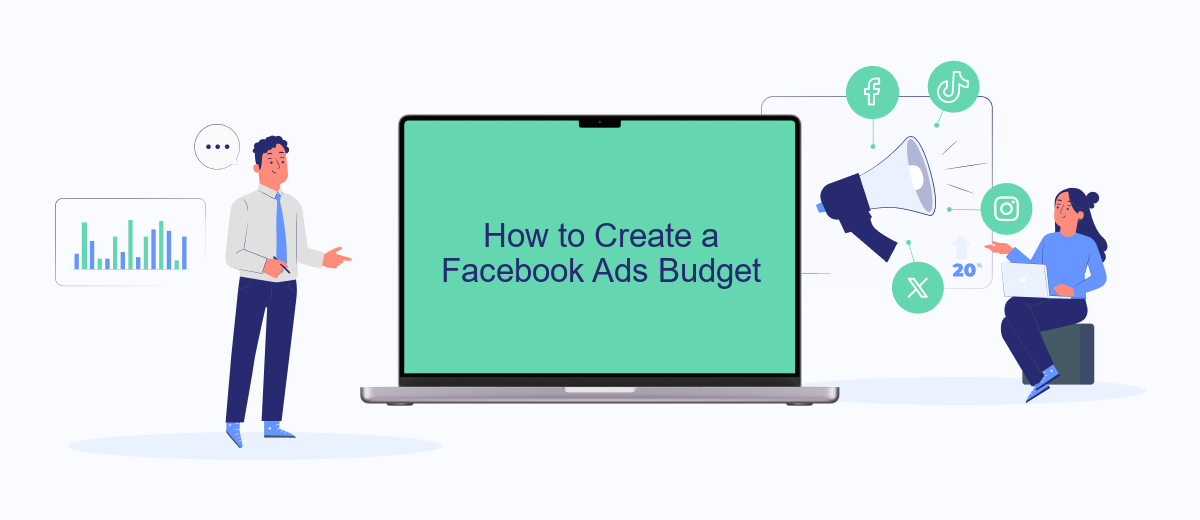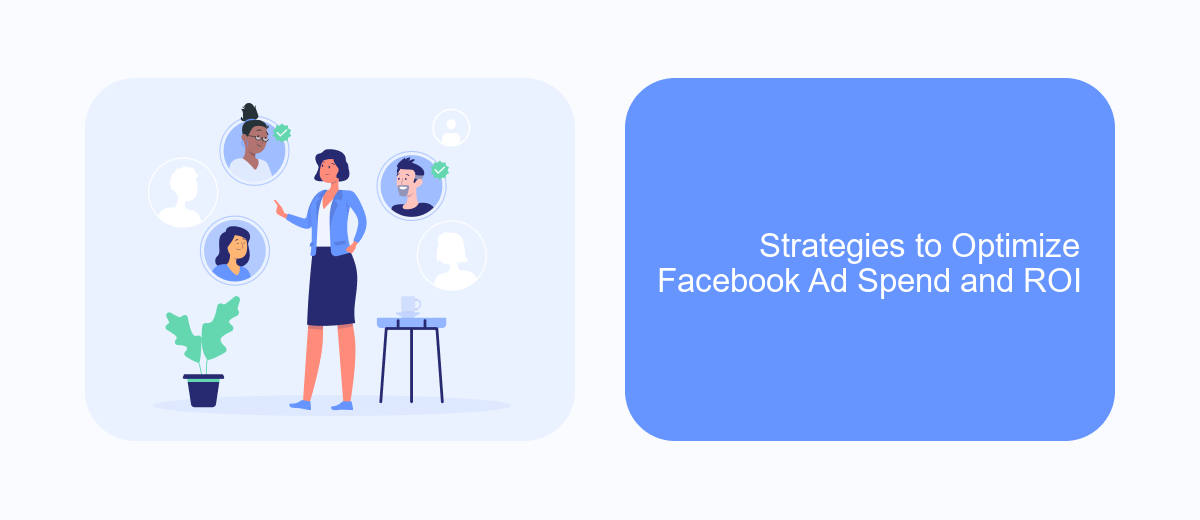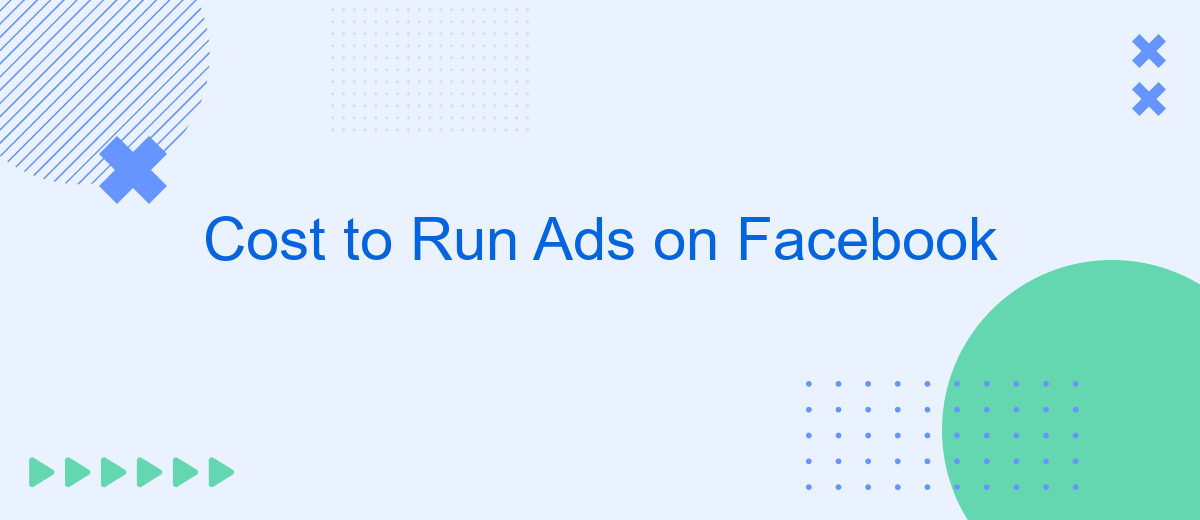Running ads on Facebook is a powerful way to reach a broad audience, but understanding the costs involved is crucial for budgeting and strategy. The cost to run ads on this platform can vary significantly based on factors like target audience, ad placement, and campaign objectives. This article explores the key elements that influence Facebook ad pricing, helping you make informed decisions for your advertising efforts.
Factors Influencing Facebook Ad Costs
Facebook ad costs are influenced by a variety of factors that advertisers must consider to optimize their campaigns. Understanding these factors can help in strategizing effectively and ensuring a better return on investment. The dynamic nature of Facebook's advertising platform means that costs can fluctuate based on several key elements.
- Target Audience: The specificity and size of your target audience can significantly affect costs. Niche audiences may be more expensive to reach.
- Ad Placement: Costs vary depending on where ads are placed, such as in the news feed, stories, or sidebars.
- Ad Quality and Relevance: Facebook rewards relevant and engaging ads with lower costs, emphasizing the importance of high-quality content.
- Industry and Competition: Different industries have varying levels of competition, influencing the cost per click or impression.
- Seasonality: Costs can rise during peak advertising seasons, such as holidays, due to increased competition for ad space.
Advertisers must continuously monitor these factors and adjust their strategies accordingly. By doing so, they can manage their budgets more effectively and achieve their marketing goals on the Facebook platform. Keeping a close eye on these variables ensures that campaigns remain cost-effective and impactful.
Average Cost of Facebook Ads by Industry and Objective

The average cost of Facebook ads can vary significantly depending on the industry and the specific advertising objectives. Industries like finance and insurance often see higher costs due to competitive markets, while sectors such as apparel and travel might experience lower costs. Typically, the cost per click (CPC) ranges from #sml_subkey-1-section-html#.50 to .00, but this can fluctuate based on the target audience, ad placement, and the overall campaign strategy. Understanding these variations is crucial for businesses aiming to optimize their advertising budget and achieve the desired return on investment.
When setting objectives, whether it's brand awareness, lead generation, or conversions, the costs can differ. For instance, campaigns focused on lead generation might incur higher costs due to the value of acquiring potential customers. To streamline the process and enhance efficiency, businesses can utilize services like SaveMyLeads, which automate lead integration, ensuring a seamless flow of data from Facebook ads to CRM systems. This not only saves time but also maximizes the effectiveness of ad spend by quickly capitalizing on generated leads.
How to Create a Facebook Ads Budget

Creating a Facebook Ads budget is crucial for maximizing your advertising efforts while staying within financial limits. To start, understand your overall marketing goals and how Facebook Ads fit into your strategy. Determine the purpose of your campaign, whether it's brand awareness, lead generation, or sales conversion. This will help you allocate funds appropriately.
- Define your total budget: Decide how much you can afford to spend on Facebook Ads over a specific period.
- Set your campaign duration: Determine how long your ad campaign will run, which will influence daily spending.
- Choose your bidding strategy: Facebook offers options like cost-per-click (CPC) or cost-per-impression (CPM). Select the one that aligns with your objectives.
- Allocate funds to different ad sets: If your campaign has multiple targets or creatives, divide the budget accordingly.
- Monitor and adjust: Regularly review ad performance and adjust your budget to optimize results.
By carefully planning your Facebook Ads budget, you ensure that your advertising dollars are spent effectively. Regular monitoring and adjustments based on performance data will help you achieve the best possible return on investment. Always be ready to adapt your strategy as needed to meet your advertising goals.
Strategies to Optimize Facebook Ad Spend and ROI

Optimizing your Facebook ad spend and maximizing ROI requires a strategic approach. Start by clearly defining your campaign objectives and target audience. This ensures your ads reach the right people, increasing the likelihood of conversions. Utilize Facebook's detailed targeting options to refine your audience based on demographics, interests, and behaviors.
Next, focus on creating compelling ad content. High-quality visuals and engaging copy can significantly impact your ad's effectiveness. A/B testing different ad formats and creatives will help identify what resonates best with your audience, allowing you to allocate your budget more efficiently.
- Set a realistic budget and bid strategy to control costs.
- Monitor ad performance regularly and adjust as needed.
- Utilize Facebook's analytics tools to track ROI and conversion rates.
- Retarget users who have interacted with your brand for increased conversions.
Finally, continuously optimize your campaigns by analyzing data and making informed adjustments. Stay updated with Facebook's latest ad features and best practices to stay ahead of the competition. By implementing these strategies, you can ensure your Facebook ad spend is efficient and yields a higher return on investment.
Tools and Resources for Facebook Ads Cost Management
Effectively managing the cost of Facebook ads requires leveraging a variety of tools and resources designed to optimize your advertising budget. Facebook's Ads Manager is an essential tool, providing detailed analytics and insights into ad performance, enabling you to adjust your strategies based on real-time data. Additionally, using Facebook's Audience Insights can help refine your target audience, ensuring your ads reach the most relevant users, thereby maximizing your budget efficiency.
For businesses looking to streamline their ad management processes, integrating third-party services such as SaveMyLeads can be highly beneficial. This platform automates lead data transfers from Facebook to CRM systems, saving time and reducing the risk of manual errors. By ensuring that your lead data is consistently updated and accurately reflected in your CRM, SaveMyLeads helps maintain a seamless workflow, allowing you to focus on optimizing ad spend and improving campaign outcomes. Utilizing these tools can significantly enhance your ability to manage and reduce Facebook ad costs effectively.
FAQ
What factors influence the cost of running ads on Facebook?
How can I optimize my Facebook ad budget effectively?
What is the minimum budget required to run a Facebook ad campaign?
How can automation tools help manage Facebook ad campaigns?
Are there any hidden costs associated with Facebook advertising?
Personalized responses to new clients from Facebook/Instagram. Receiving data on new orders in real time. Prompt delivery of information to all employees who are involved in lead processing. All this can be done automatically. With the SaveMyLeads service, you will be able to easily create integrations for Facebook Lead Ads and implement automation. Set up the integration once and let it do the chores every day.
